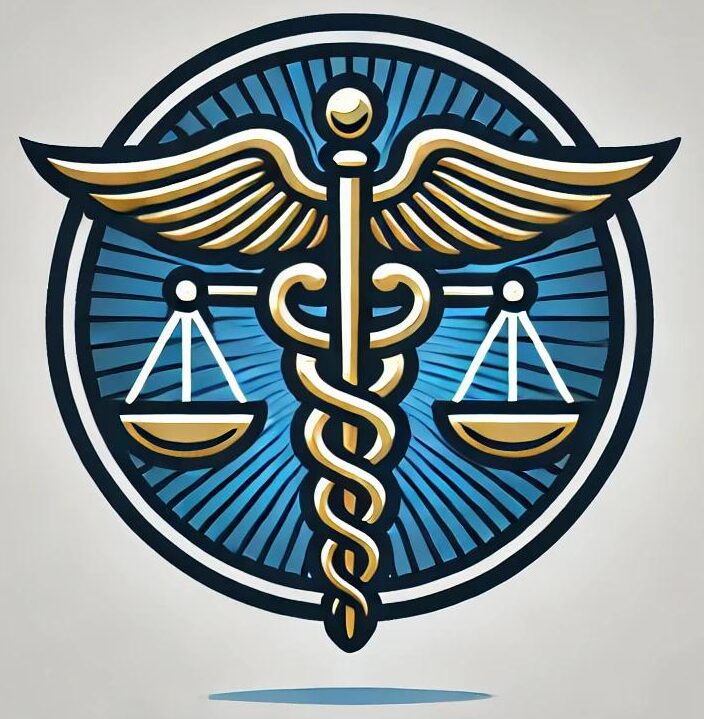- Professional Development and Education: There has been a focus on educating legal and insurance professionals about the benefits of mediation in medical malpractice cases. For instance, a CLE program was recently presented by NAM Hearing Officers, indicating an ongoing effort to promote mediation as a viable alternative to traditional litigation.
- Challenges in Implementation: Despite the benefits of mediation, such as control over outcomes, faster resolution, and reduced litigation costs, there are “major challenges” in gaining broader acceptance among doctors, hospitals, and their legal teams. A significant issue is the absence of doctors in the mediation process, which is seen as a missed opportunity for both resolution and learning from medical errors.
- Legal and Regulatory Developments: There hasn’t been explicit mention of new laws or regulations directly affecting mediation in medical malpractice, but there’s a general trend towards exploring alternative dispute resolutions like mediation, especially given the complexity and cost of these cases.
- Public and Professional Sentiment: Trends show a variety of sentiments. There’s criticism of how awards might reflect on the medical community’s legacy, indicating broader discussions about how recognition and legal outcomes intersect with cultural values in healthcare. Additionally, there’s a debate about the personal lives versus professional expectations of healthcare workers, which indirectly touches on how these attitudes might affect mediation processes.
- Systemic Reviews and Changes: Although not directly related to mediation, there’s a discussion around the roles of Physician Associates and Anesthesia Associates within the NHS, which might influence future mediation strategies by affecting how medical responsibilities and errors are managed and discussed in legal contexts.
While these points aren’t explicitly tied to new legislative changes or groundbreaking decisions in mediation for medical malpractice, they collectively suggest a growing interest in alternative dispute resolution methods like mediation, alongside the ongoing challenges in its full integration into the medical malpractice legal framework. Mediation continues to be viewed as a tool for not only resolving disputes but also for fostering better communication, understanding, and potentially improving healthcare practices by learning from past errors in a less adversarial environment.
